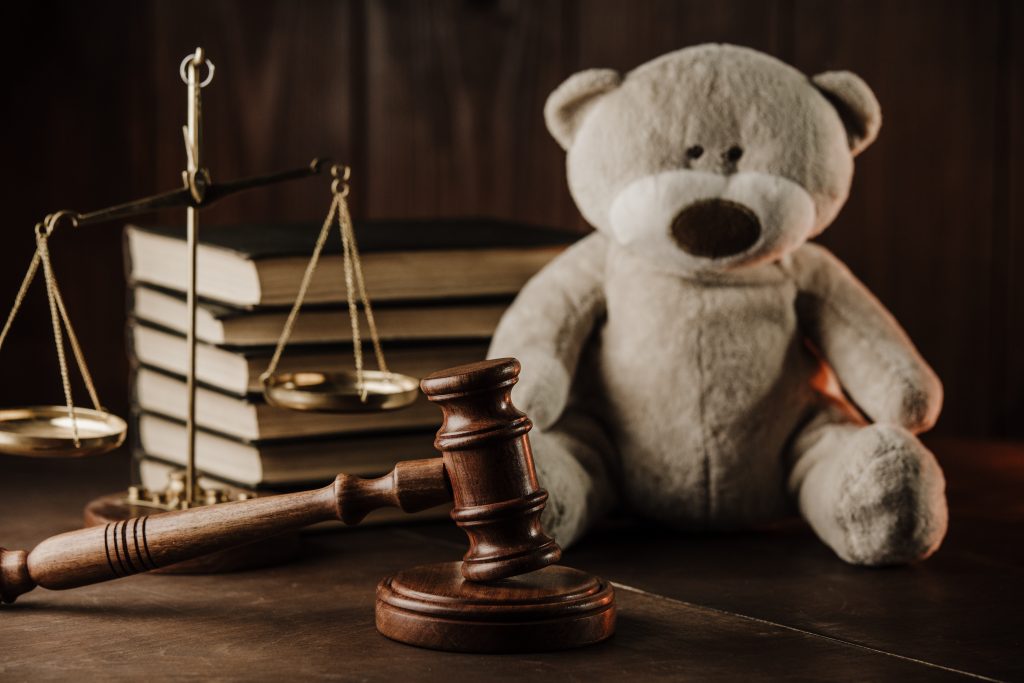Maintenance duties include accommodation, food, clothes, medical expenses, and daily living expenses. Maintenance disputes are generally about affordability – the maintenance amount may be too little or too much.
Disputes regarding maintenance demand immediate steps to be taken and require urgent intervention. The reality is that resolving a maintenance dispute can be time-consuming, and securing the services of an attorney who has knowledge of dealing with these disputes to navigate them in a successful manner is sometimes difficult.
At SB Attorneys, we understand that people turn to the Maintenance Court for a reason, and we strive to provide cost-effective, result-driven solutions.
Understanding Maintenance Law in South Africa
The duty to maintain is based on a blood, adoption or marriage relationship. The requirements considered by a Maintenance Court in deciding whether to grant an order to maintain, generally, are the following:
- Whether the person claiming maintenance can maintain himself/herself?
- Whether the person from whom maintenance is claimed can afford to pay maintenance (i.e., means)?
- Are the maintenance needs reasonable?
In terms of the maintenance law in South Africa, minor children have a constitutional right to be maintained by both their/his/her parents. This right is extended to children who are majors but remain dependent. Children who reach the age of majority before completing their education or who pursue tertiary education are considered dependent and have the right to be supported by their parents.
Each parent’s share of the duty is apportioned according to his/her means. The duty to maintain is not limited to a child. Any family member, irrespective of the family member’s age, can approach the Maintenance Court for an order to be maintained, taking into account the requirements above.
When no maintenance order exists, the Maintenance Court may make an order against the person(s) to be legally liable, that the maintenance be paid to the person(s) claiming maintenance.
Common Causes of Maintenance Disputes
When there is a maintenance order, the Maintenance Court, depending on the relief sought and the circumstances, may make an order replacing the existing order (either an increase or decrease in the amount of maintenance), discharge the maintenance order (for instance, when a major child is no more dependent) or make no order (when the requirements referred to above, are not met).
When an order exists, and the person against whom the order is made pays late or fails to pay, the maintenance order is enforceable regarding any outstanding amount, together with interest by execution against property, the attachment of emoluments or the attachment of debts.
A person against whom a maintenance order is made is guilty of an offence and liable on conviction of a fine or imprisonment. In circumstances where the defence raised against the non-payment relates to a lack of means, the matter will be converted into a formal enquiry to determine, factually, whether a lack of means exists on the side of the defaulting party and in which instance, the Maintenance Court will vary the existing maintenance order.
It often occurs that where no maintenance order exists, the person from whom maintenance is claimed (the father) disputes the paternity of the child(ren). In these circumstances, the Court will order the parties to attend a paternity test to confirm the relationship (biological) between the father and the child. Once paternity is confirmed, the matter will proceed.
How To Institute Maintenance Proceedings
The Maintenance Court is a Magistrate’s Court, and each Magistrate’s Court has a Maintenance Court.
The Maintenance Court in the district where the person(s) reside in whose favour/benefit the order is made must be approached.
A complaint relating to maintenance, whether it is that maintenance is not paid or a substitution or discharge of a maintenance order is sought, must be lodged with the maintenance officer, who will investigate the complaint. Only after the maintenance officer has investigated the complaint will the matter be referred to the maintenance court for an enquiry.
During the investigation phase conducted by the maintenance officer, attempts will be made to settle the dispute; however, in the absence of a settlement, the matter will ultimately be referred to the Maintenance Court for an enquiry. Here, the parties will present their case to the Magistrate and await the ruling.
In High Court litigation, Rule 41A of the Uniform Rules of the High Court provides for mediation of disputes. Unfortunately, a similar provision does not exist in the Maintenance Act.
The Role of SB Attorneys in Maintenance Disputes
SB Attorneys, who specialise in family law, prioritise the possibility of reaching a settlement as the first approach. This is especially important when minor children are involved, as it serves their best interests, both financially and emotionally. Pursuing a settlement can also save both parties time and costs associated with prolonged litigation.
If you are facing maintenance disputes and require legal assistance, consider contacting our team at SB Attorneys. We understand the importance of all parties involved and strive to find a resolution that is both fair to the parents and that remains in the best interest of any children involved.

